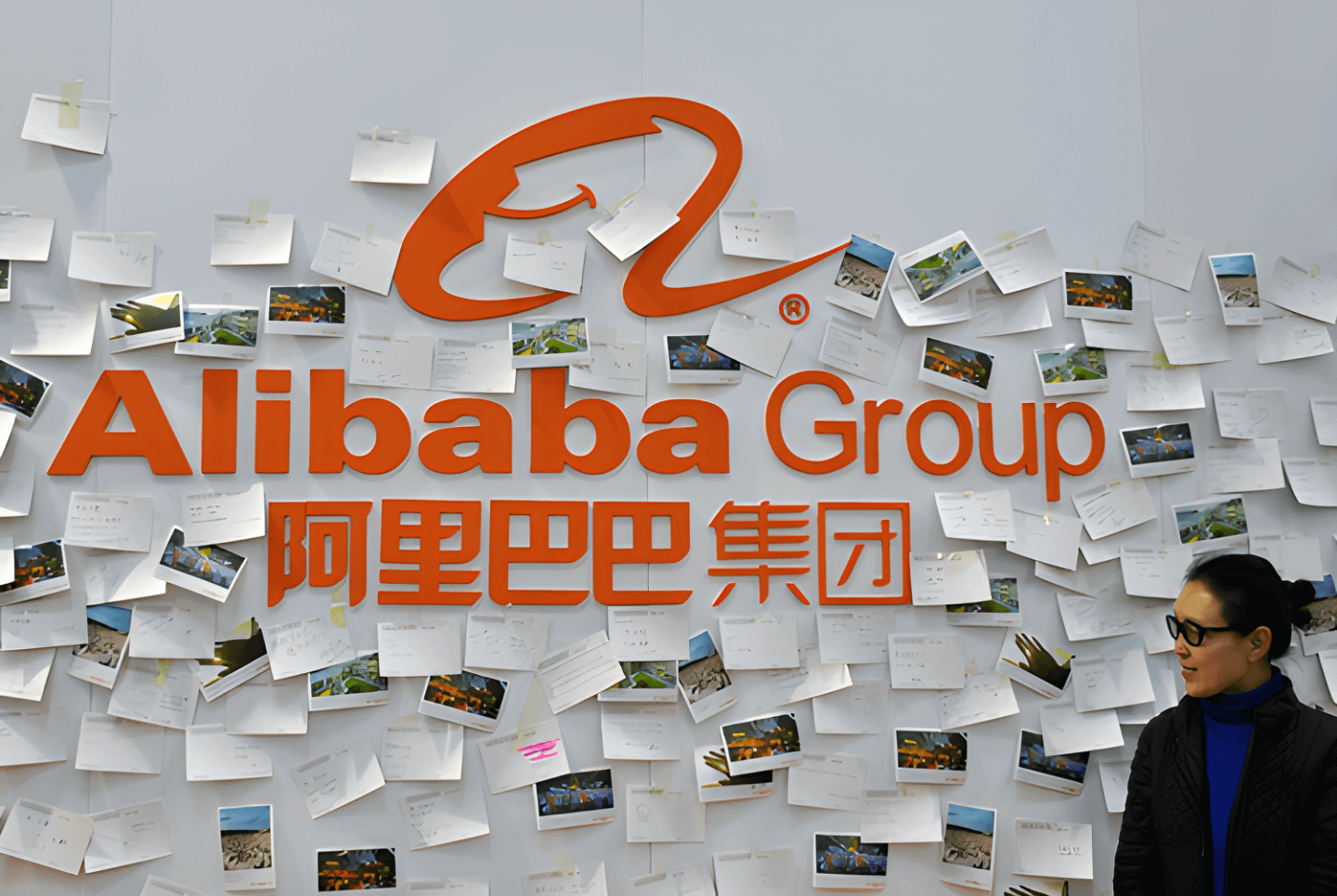Alibaba’s shares on the Hong Kong stock exchange rose today by more than 15%, marking their largest one-day gain since March of this year. This sharp increase is primarily a market reaction to the company’s strategic move into the design and production of its own AI chips. This news coincided with the publication of quarterly results, but it was the expansion into the semiconductor market that investors viewed as a potential game changer for Alibaba’s long-term growth.
The company unveiled its own chip designed for artificial intelligence tasks, which has already been physically produced in a local Chinese factory. This means that Alibaba is not only expanding its technological activities beyond traditional e-commerce and cloud services but is also actively joining the race for independence from Western suppliers, led by NVIDIA. Although Alibaba’s new chip is currently focused mainly on running pre-trained AI models, it was designed to be compatible with the popular software previously used with NVIDIA’s hardware. This compatibility can make its practical deployment much easier and more cost-effective.
The market interprets this move as a clear signal that Alibaba intends not only to use AI as a business tool but also to build its own technological base in hardware. This aligns with a broader trend in China, where more companies are striving to create alternatives to American solutions in response to ongoing export restrictions.
Chinese chips still face certain challenges, such as lower performance, stability issues, and technological production limitations. Despite these difficulties, Alibaba’s start of chip production is a significant step toward building long-term technological independence. Government support—including an $8.4 billion fund for the development of AI and semiconductors—further strengthens the foundation for this strategic direction.
From an investor’s perspective, Alibaba’s entry into the chip market is not only a response to global tensions in the technology sector but also a sign that the company does not intend to limit itself to software and cloud services. Instead, it aims to control the entire AI ecosystem, from hardware to software. Today’s surge in stock prices confirms that the market values this ambition.

Daily summary: Weak US data drags markets down, precious metals under pressure again!

Datadog in Top Form: Record Q4 and Strong Outlook for 2026

US Open: Wall Street rises despite weak retail sales

Coca-Cola Earnings: Will the New CEO Withstand the Pressure?


